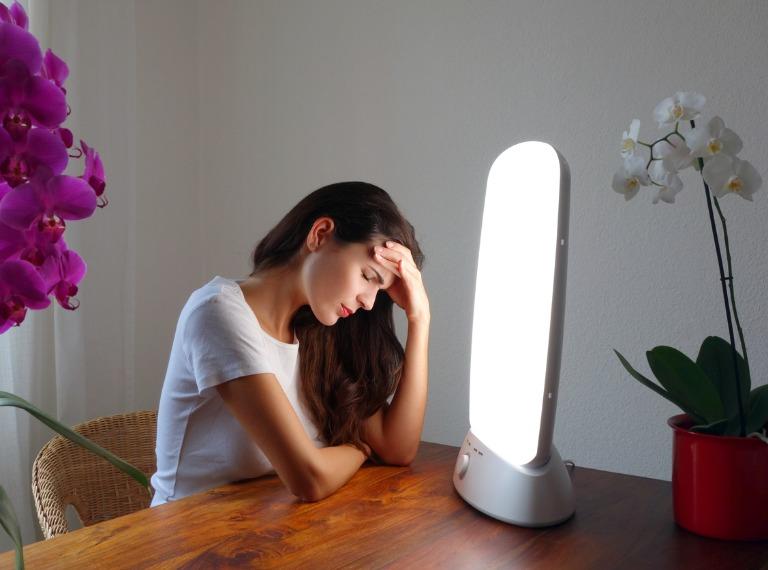Working as a manager can be both rewarding and challenging at times. Try these 12 self-care strategies to keep you on top form for leading your team.
1. Learn to switch off – switching off and calming the mind after a busy day can be difficult… but only until you’ve found a technique that works for you, then it’s easy. To help compartmentalise your job to work hours, create a physical cue that signals it is now time to ‘switch off’. For example, change into different clothes, attend a fitness class, go for a walk, put on some music to help you wind down.
2. Prioritise – not everything is urgent. Learning to prioritise is a great way to reduce feelings of stress. A good place to start is asking yourself these three questions:
Does this task absolutely need to be done today?
Does this need to be done by me?
Does this need to be done at all?
Once you have established this, make a to-do list. Allow time for unexpected tasks to crop up and avoid planning every minute of every hour.
3. Rest – there can be a perception that rest is unproductive time, in fact rest is quite the opposite. Resting is essential to restore the energy needed to remain productive and complete tasks. The amount of rest needed will depend upon your own individual circumstances and lifestyle. Take a moment to reflect on how rested you are feeling in general. Next, consider what small steps you could take to help incorporate more rest into your day-to-day life. For example, take small regular breaks throughout your working day to remind you to slow down.
4. Connect with others – sharing problems or concerns and asking for help is important when looking after your wellbeing and managing feelings of stress. A problem shared is a problem halved, as the old saying goes!
5. Move more – moving your body throughout the day and giving your eyes a break (if working on a computer screen) will help you to stay alert and focused as well as boosting circulation.
Try this 20:20:20 technique:
Every 20 mins, walk away from your desk
Look at something 20 feet away
For 20 seconds
This helps to relax your eye muscles and get you moving.
6. Find your thing – what activity really absorbs you and gives your mind a break from wandering off to worries? Is it learning a new skill e.g. playing the drums? Cooking your favourite meal? Reading a good book? Find what’s right for you – just make sure it is something that really engages your attention.
7. Laugh – laughter is the best medicine - it’s true. Laughter helps to manage your stress response and release feel good hormones which are great for promoting positive feelings of wellbeing. Watch a comedy show, spend time with friends/family who make you laugh, play games – whatever you find funny.
8. Hug – a 20 second hug can complete the stress cycle. Find someone (who wouldn’t mind you hugging them) for 20 full seconds. There is evidence to show that close physical contact and an embrace, such as a hug can complete the stress cycle. Of course, take into account Covid-19 considerations when hugging.
9. Keep a brag file – reflecting on your achievements is a great way to boost positive feelings of wellbeing for yourself. A ‘brag file’ is a place where you can keep a record of your achievements – note the date and detail the achievement and take time to reflect on these. This can be particularly helpful on more challenging days to give you a feel-good boost.
10. Hydrate – staying hydrated is important to support your overall wellbeing. Adequate hydration is essential to maintain a variety of processes in the body and functioning of organs. It also helps to lubricate joints and eyes and maintain healthy skin and good digestive functioning.
Don’t wait to drink until you feel thirsty, by the time we feel thirsty the body is likely to already be dehydrated. Always keep a bottle of water with you so hydration is available. Eat your water – foods such as courgettes, tomatoes, melon and cucumber are over 90% water and contribute to overall fluid intake.
11. Sleep – treat sleep as another tool in your toolbox. Sleep helps to repair the body and mind and is essential for good wellbeing. If looking after your sleep is within your control, try these behaviours that promote a good night’s sleep:
Avoid screens at least one hour before bedtime (the blue light released by screens inhibits the sleep hormone, melatonin)
Exercise earlier on in the day rather than in the evening as exercise can act as a stimulant
Complete a relaxing activity such as having a bath, meditation, or gentle yoga before bed
Block out light sources where possible
Have a note pad near the bed to write down any worries or to-do lists to help calm your mind before sleep
12. Nourish – Food is more than fuel. Taking the time to prepare and savour your food is an act of self-care and can be considered a form of mindfulness practice. The key is to tune into your senses when preparing and eating your food. Notice how your food smells, sounds, tastes and feels. This will heighten your experience and enjoyment of the food, nourishing your mind as well as your body.
Give these 12 self-care strategies a go and find out what works for you. If you want further support with self-care strategies, and advice on how to turn them into sustainable habits, Reed Wellbeing offers a tailored habit formation webinar delivered by wellbeing experts. To find out more about Reed Wellbeing.




